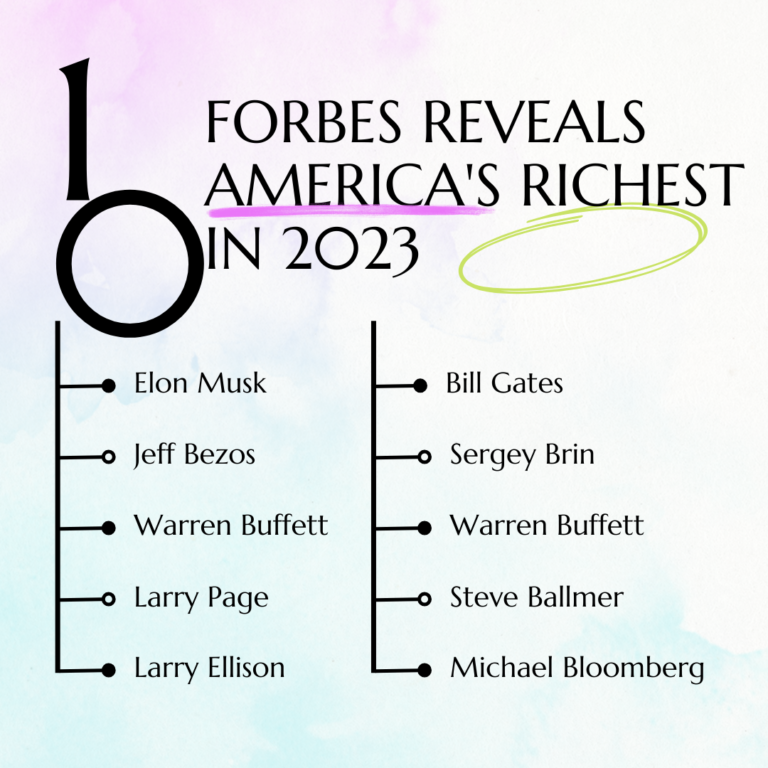The Implications of a Jim Jordan Speakership on Big Tech Antitrust Legislation
The potential election of Republican Representative Jim Jordan as the Speaker of the House could have significant implications for big tech companies like Google, Apple, and Amazon. Jordan’s stance on tech antitrust legislation, along with his influence in the House, has raised concerns and generated discussions among political strategists and industry lobbyists. In this article, we will explore the possible effects of a Jim Jordan speakership on the tech industry and antitrust legislation.

Tom Williams | Cq-roll Call, Inc. | Getty Images
Jim Jordan’s Nomination for Speaker
Jim Jordan secured the GOP speaker nomination in a closed-door vote, and now Republicans are preparing for a full floor vote to elect the new Speaker. This decision has left political strategists and lobbyists racing to determine how Jordan’s speakership might affect their clients and the broader tech industry.
read more: Trump Accuses Netanyahu of Hamas Attacks in Controversial Remarks
Impact on Big Tech Antitrust Legislation
One of the major concerns surrounding a Jim Jordan speakership is its potential to stall or impede the progress of significant tech antitrust legislation. Jordan has been an outspoken critic of big tech, particularly regarding allegations of censorship against conservative voices on their platforms. However, his criticism has mainly revolved around the Biden administration’s pressure on these companies, rather than the companies themselves. This has led to doubts about his commitment to advancing bipartisan antitrust measures.
A Potential Boon for Tech Giants
A Jordan speakership could be seen as a stroke of good fortune for major tech companies, which have been under scrutiny for potential monopolistic practices. These firms may view Jordan’s focus on speech and censorship issues as less of a threat than bipartisan antitrust legislation aimed at breaking up their corporate empires.

Josh Edelson | AFP | Getty Images
While Jordan has indeed taken action against tech giants by issuing subpoenas and introducing legislation to address censorship, it is his relatively hands-off approach to antitrust legislation that raises questions about his stance on holding big tech accountable.
read more: President Joe Biden’s 2024 Re-Election Fundraising and Challenges
Financial Ties with Tech Companies
An interesting aspect to consider is the campaign contributions made by tech giants and their lobbyists to Jim Jordan’s election campaigns. Google’s PAC, for instance, has donated over $35,000 since 2012 to support Jordan’s reelection campaigns. Since 2020, Jordan’s campaign and affiliated political action committees have received over $15,000 from major tech companies and their lobbyists.
This financial support from tech companies and their representatives suggests a level of alignment with Jordan’s stance on tech-related issues, which may further fuel concerns about his dedication to comprehensive tech antitrust reform.
Deep Divisions within the GOP
Jim Jordan’s potential role as Speaker highlights the deep divisions within the Republican Party when it comes to tech regulation. While he may have the support of some tech firms and lobbyists, there are clear disagreements within the GOP about how Congress should approach tech regulation. Some conservatives feel that Jordan has not been proactive enough in reining in tech companies, creating a significant rift within the party.
The possibility of Jim Jordan being elected as the Speaker of the House raises significant questions about the future of tech antitrust legislation. While his actions and campaign contributions from tech companies suggest an alignment with certain aspects of the tech industry, there are clear divisions within the Republican Party over how to approach the regulation of big tech. Jordan’s speakership could have far-reaching implications for the tech industry and its relationship with Congress.






